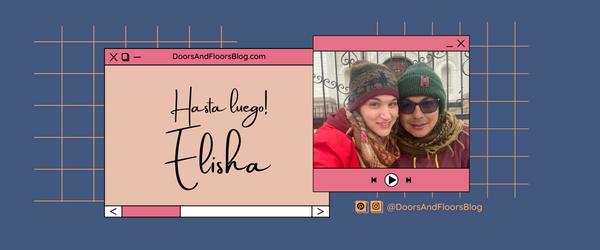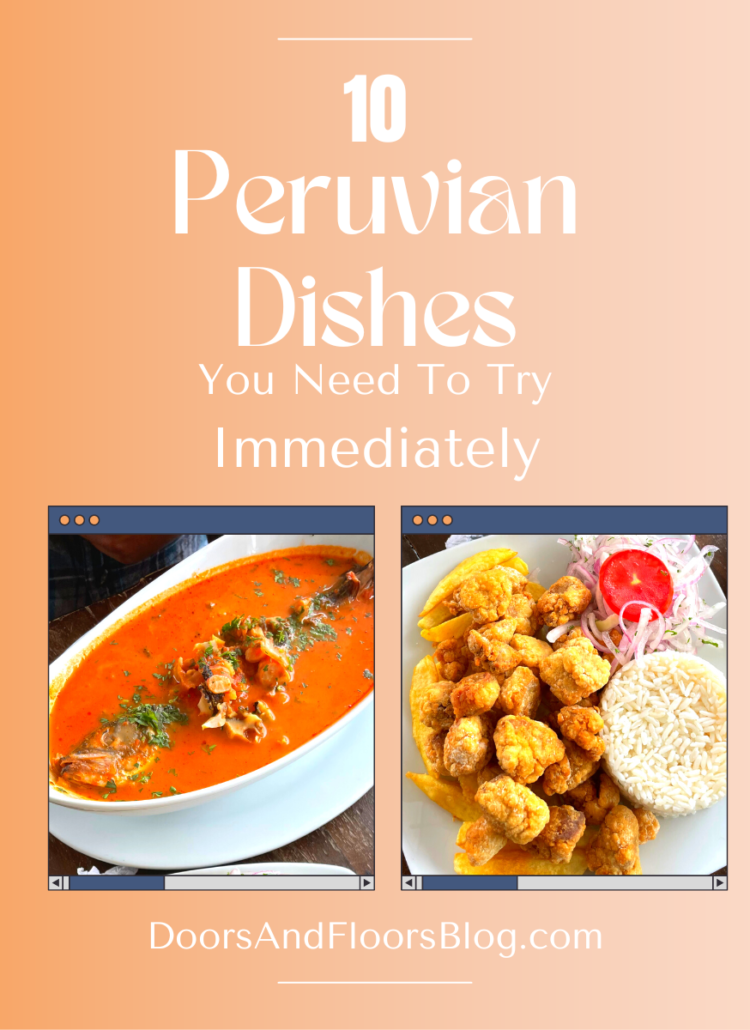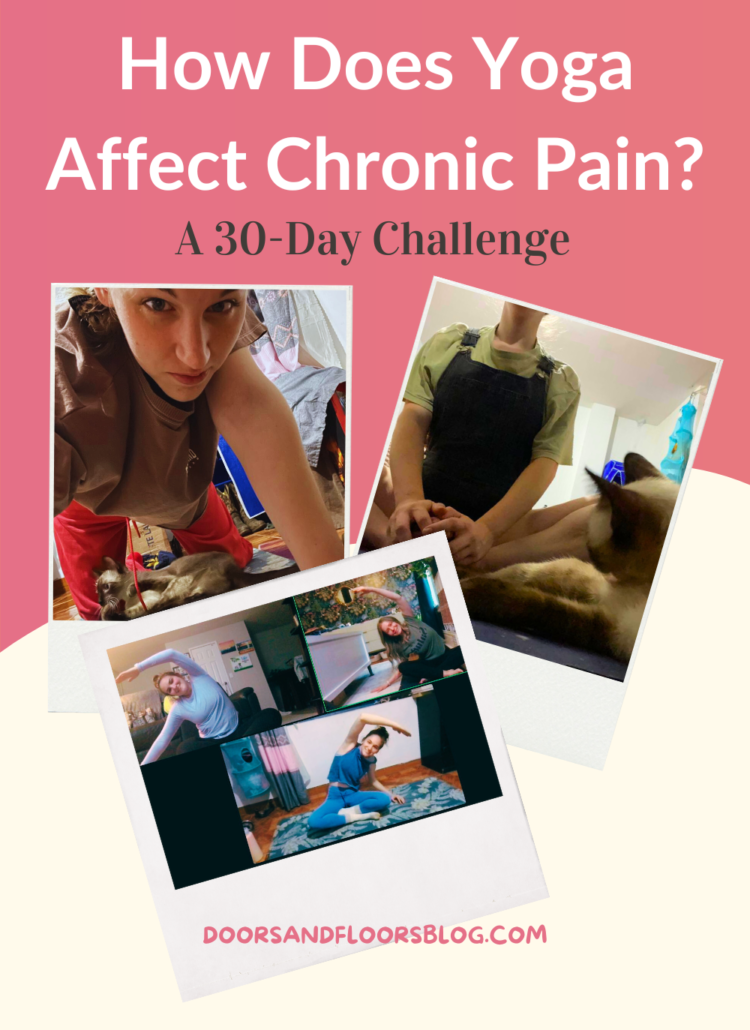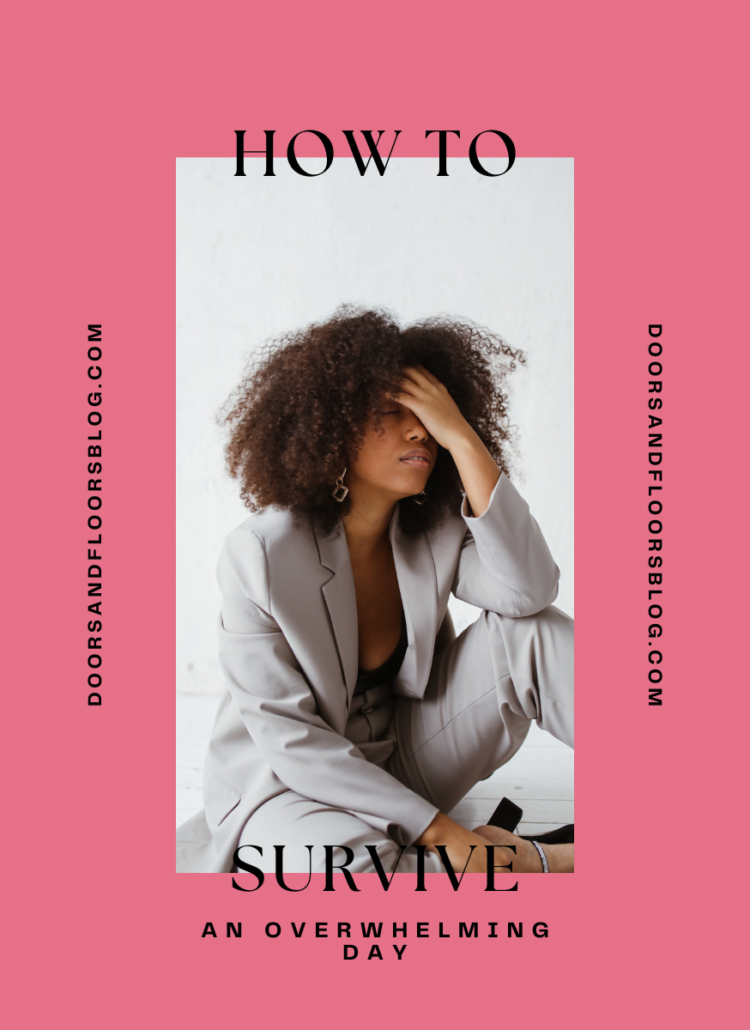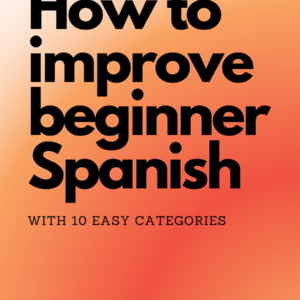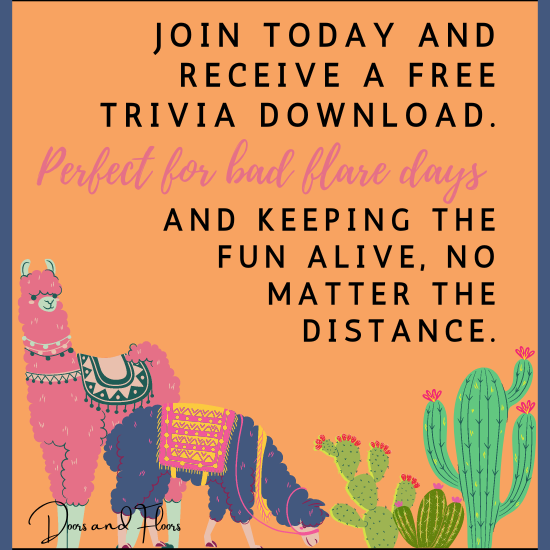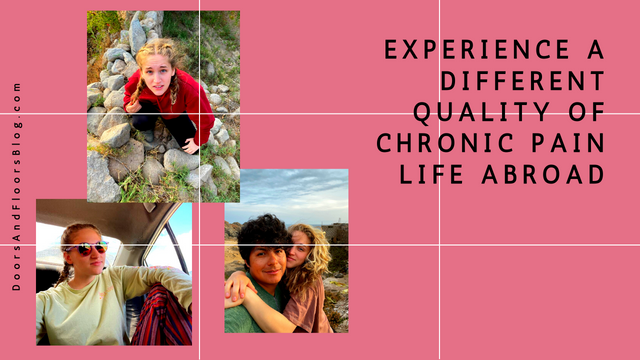
What is it like moving to a third-world country while living with a chronic pain condition? In short, it’s simultaneously liberating, and a struggle. I know, helpful Elisha. Super helpful.
I moved to a different country in 2021 taking my personal belongings, excitement, and of course…my chronic illness with me. Packing up my whole life in the states, I stepped into a new life. Without work, without knowing the language, without a Doctor or home.
With only my best friend helping me navigate my new world, we set off on adventures. Learning how to survive the ups and downs of my chronic pain condition in a foreign country.
I’ve had my chronic pain condition since I was about 11. While one never fully understands an invisible illness, even if you’re the one who has it, you get used to it to a certain bleak extent. You get used to the day-to-day and the frustrating moments. You get used to the struggles and the exhaustion.
To some extent, you build your own routine around your chronic pain condition, to the best of your abilities. I had to find a new routine away from doctors and medicine and diet restrictions.
This has been my experience of having a chronic pain condition in a foreign country.
To help explain what it’s like living in a foreign country with an invisible illness, I have compiled a list of a couple pros and cons.
Pros and Cons
The pros and cons of living in a different country with a chronic pain condition read as follows. But please note this is of course not all of them.
There will always be pros and cons each of us have in our own life. Because we all like to live drastically diffent lives. I may prefer a totally different approach to life than you or your person does in your day to day struggles with your chronic pain condition. And that’s totally okay! I respect that!
Pro: More time for rest and recovery
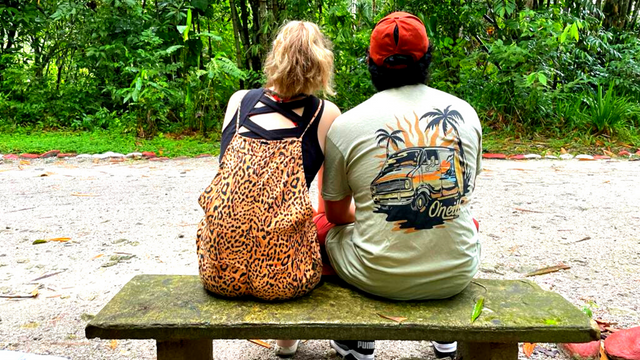
I have found there is a slower pace to living out here. Maybe not as much if you live in a big city. But I find myself able to relax and rest here more than I ever was able to in the states.
In the states, I always had a dozen things I needed to do. I would make excuses for myself to push myself into attending activities or running those errands. Because hey, they needed to get done.
I’m not saying that things don’t get done or I don’t prioritize things when I need to. But I’ve learned how to go with the pace of the culture here. This has given me more time with friends and family and to work on my dreams. It’s given me more time to slow down and rest and prioritize what’s truly important.
I also learned how to wait to run certain errands until I truly have a big list and need to go there, instead of telling myself to just run by the mall on the way home because it’s on the way home.
Pro: The food is different

In the USA I really struggle with my diet. I go to bed with an upset stomach every night. If I eat the wrong thing it gives me a headache or a stomach ache. Food is overall just a really big issue for me in the states.
My diet restrictions from the USA followed me here and I was cautious at first. But after acclimating to the new country I was living in, we decided to give some of those forbidden foods a go. The foods my Doctor had always told me never to touch or I’d make my Fibromyalgia worse.
Moving to Perú taught me that food from around the world is not all equal, and I’m not just talking about flour. Fruits, meats, and veggies too!
Want to explore this topic a little more? Check out this post about How To Reimagine Diet Restrictions In A Foreign Country.
Con: Medication isn’t all the same
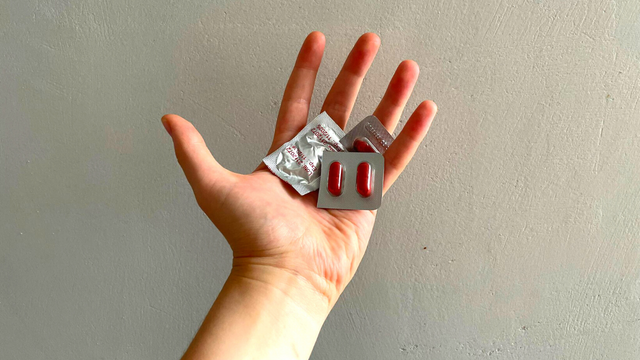
I can’t decide if this is truly a con or if it’s just different. If you come to a foreign country and run out of medicine while you’re here, you may find it a little difficult to get an exact replacement.
Getting small medicines like ibuprofen or anxiety pills, itch stopping cream, those are easy enough. Here you have to go to a little boutique pharmacy and describe your symptoms to get the medicine you need. They’ll give you the medicine that meets your needs, which may not be what you’re thinking of or what you were asking for.
I have found that the medicine in the states doesn’t all have the same purpose here. They might not sell you what you’re asking for because what you want to use it for isn’t what that medicine’s purpose is.
I couldn’t get a popular pink pill to help with bug bites, a pill that I would have probably already had on hand in the states. Here, the purpose of that pill is to assist with sleep, not to help with allergies or to stop bug bite itches.
And that’s another thing, you probably won’t have leftover medicine on hand. I can buy things like vitamins and energy pills for the gym in bulk, but if I go in saying I have a cold and explain my symptoms, they’ll sell me a number of doses per the number of days I ask for.
Yes, that does mean they’ll cut pills out of a packet for you–still in the packaging of course, but they make sure the packages go farther and are not abused.
FYI: If you go back three days later to get a refill, you may find that they give you a completely different set of pills.
Con: No appointments
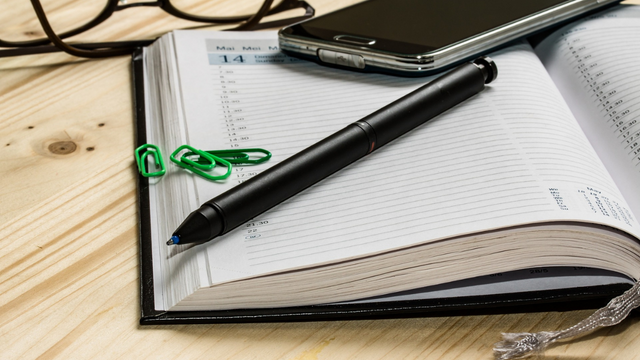
I have found that Perú just isn’t a country of appointments. I mean for like anything, not for ordering your wedding cake, and not for the dentist or getting x-rays either.
There aren’t phone numbers and websites to call or check and make sure things are open before you go all the way down there. It’s just a first come first served environment.
This aspect has definitely been an added stress in my life when I’ve needed one of these things. When we got married we ran around trying to get all the wedding details sorted out a night or two before the wedding. We couldn’t order a cake for the big day weeks or months in advance, we literally went to shops in downtown and asked if they could make something two days before the wedding.
Check out this post to learn more about 11 Things To Know Before Getting Married In Perú.
Similarly getting medical treatment has been difficult. I do imagine it would be different for emergencies, but I haven’t had one, so I can’t attest to it. It’s especially difficult to get medical treatment with no appointments and when you work full time. Once we found out the day of that they finally had an opening and I just sprung it on my boss.
This whole experience is a little easier in small towns. Because there are fewer people and you’re more likely to get an appointment faster or at least get seen. However, they do tend to run out of medical products and equipment or medicine that you might be seeking.
Additional Tips For Chronic Pain
Here are a couple of tips I learned along the journey that helped me while dealing with my chronic pain condition.
Tip One:
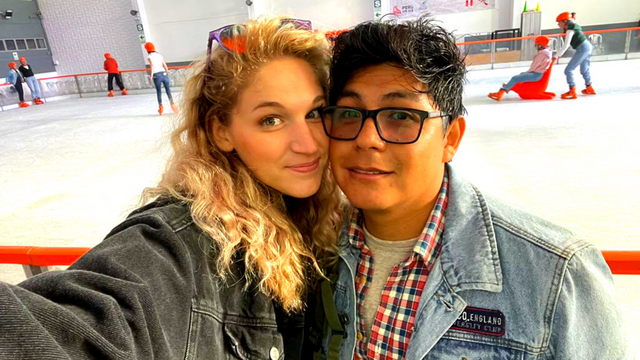
What was definite before in your home country, isn’t necessarily definite in a foreign country. Try some things that have been off-limits for the last few years. Experiment a little. Go ice skating or hiking, try that food you haven’t had in years
I’m sure I’m not the only one with a list in my head of, “Things I can never do again because it hurts.” Don’t assume that that’s all definite and true here. With a change of pace in life and a change in the quality of food available, you might find that the big no, nos from before are possible now.
The rules are no longer hard set. Consider trying some things.
Tip Two:
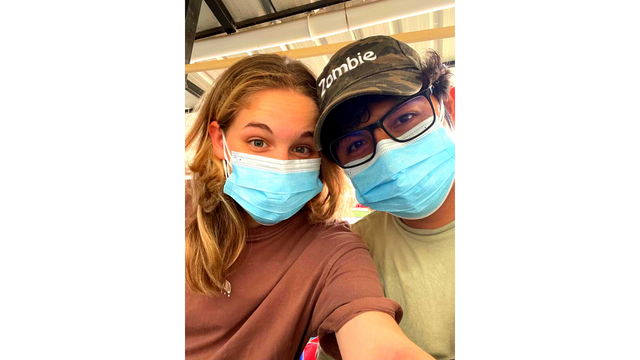
Be flexible and try not to stress about Doctor’s appointments. If something is an emergency go to emergency care. If not, we usually go down to the clinic on my day off, or my husband will go during the week. He will try to find a phone number or get info about getting an “appointment.”
By appointment I mean, they’ll usually tell you when they’re open or when that Doctor or Nurse will be in office.
Try to plan this around a holiday. Perú holidays and US holidays are not all the same. I sometimes try to go in on a Monday because I have that day off due to it being a US holiday. There’s usually less of a crowd, and it’s a weekday so there aren’t limited hours.
Alternatively, Doctor’s offices here are usually open on Saturdays for limited hours, try to go early and be the first in line.
FYI: Be aware that different countries have different holidays than the USA, they might be closed at random times.
To dive deeper into chronic pain conditions, check out A Beginners Guide To Fibromyalgia.
Let me know in the comments what chronic pain topics you’d love to hear about next! The comment section is always open.
